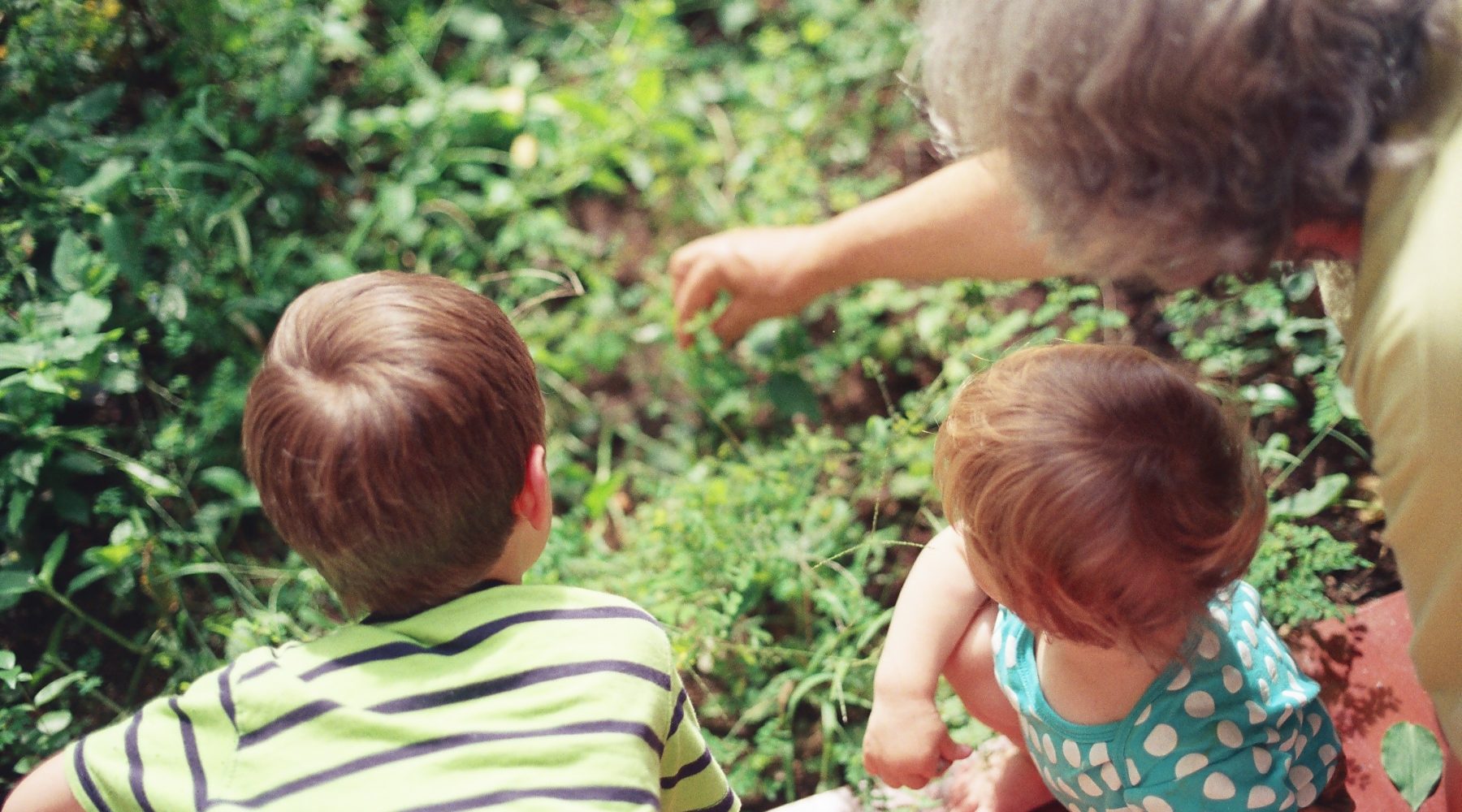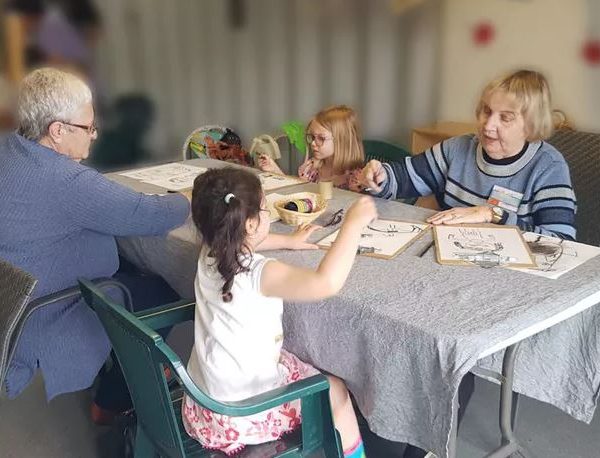New UK report recommends aged care partnerships for ECEC

Every early childhood education and care (ECEC) settings should partner with an organisation working with, or caring for, older people, UK group United for Ages has said in a report issued this week.
The Next Generation: how intergenerational interaction improves life chances of children and young people report highlights research showing the lasting benefits of “a good start in life” in promoting social mobility, closing the attainment gap, improving school readiness, and developing young children’s language and literacy skills.
The report argues that “intergenerational action” – engaging younger and older people in meaningful connection, relationship and activity – could make a much bigger contribution to this agenda, saying that “every pound invested in the kind of projects included in this paper produces dividends across the life course of individuals and for our society as a whole”.
Some of the benefits from these partnerships, the report says, are children with better reading and communication skills, and greater preparedness for the world of school.
Neil Leitch, CEO of UK organisation Pre School Learning Alliance, said of the report: “So far, the majority of the discussion around intergenerational projects has focused on what it means for the older people involved and that has meant the impact on child participants is sometimes overlooked.
“Interacting with older people provides children with unique learning opportunities; that could mean the chance to take on the responsibility of ‘looking after’ an older person or to learn from someone who has experienced and overcome challenges.
“We should always be looking for opportunities to learn through play, experience and sharing stories should be prized, however, it comes about – but there’s something particularly worth cherishing when it comes to two generations at different stages of life.”
The eight recommendations made in the report are:
- Every nursery, childminder, parent/toddler group and children’s centre should link with a local older people’s care home or housing scheme – and vice versa.
- Every primary and secondary school should involve and engage with older people in their community – from hosting older volunteers and services to linking with care providers.
- Every community should explore opportunities to develop places where younger and older people can mix and share activities and experiences – creating 500 centres for all ages by 2023.
- Every local authority should develop a strategy for building communities for all ages where meaningful mixing is part of everyday life – involving local people and providers.
- Every children’s and young people’s charity and community organisation should look at how to solve tough issues facing the next generation through intergenerational projects.
- Funders should support projects that promote positive relationships building trust and understanding between younger and older people – working with the media to rid Britain of ageism.
- Investors should look outside the box of age-related silos to invest in imaginative co-located care, learning and housing schemes that bring younger and older people together.
- Government should support and promote mixing between different generations through intergenerational care, learning and housing, explaining why it’s key to creating better services, stronger communities, a stronger nation, and an end to ageism.
The report can be read in full here.
Popular

Quality
Practice
Provider
Research
Workforce
Honouring the quiet magic of early childhood
2025-07-11 09:15:00
by Fiona Alston

Policy
Practice
Provider
Quality
Workforce
Minister Jess Walsh signals urgent action on safety and oversight in early learning
2025-07-11 08:45:01
by Fiona Alston

Quality
Provider
Workforce
Applications now open for professional development and paid practicum support in early childhood sector
2025-07-15 10:13:49
by Fiona Alston











